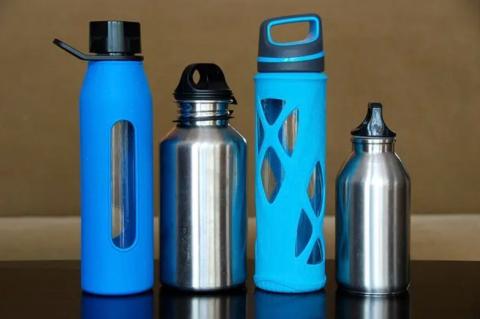

Running is not just a physical activity; it’s a test of endurance, willpower, and the body's ability to regulate and sustain itself. One of the most crucial factors that contribute to a runner's performance, particularly during long-distance runs, is hydration. Proper hydration can mean the difference between a comfortable run and a miserable one, or even between a successful run and a dangerous health crisis. Here are some tips and techniques to maintain proper hydration during long-distance runs.
1. Understand Your Hydration Needs:
Everyone's hydration needs are different, depending on their body type, weather conditions, running pace, and sweat rate. A general rule of thumb is to drink about 500ml of water two hours before your run to allow your kidneys enough time to process the fluids. However, you should experiment with different hydration strategies during your training runs to find out what works best for you.
2. Use Sports Drinks Wisely:
Sports drinks are a great way to replenish electrolytes lost through sweat during long runs. They also provide carbohydrates that can help maintain your energy levels. However, they should be used in moderation. Too much can lead to gastrointestinal distress. A good practice is to alternate between water and a sports drink during your run.

3. Dress Appropriately:
Running in hot and humid conditions will make you sweat more, which can lead to dehydration. Dressing in lightweight, breathable fabrics can help regulate your body temperature and minimize excessive sweating.
4. Carry Water:
For long runs, it's crucial to have a hydration plan. You may choose to carry a handheld water bottle, wear a hydration belt or vest, or plan your route around water fountains or drop-off spots where you can leave bottles of water. Regardless of the method, ensure that you have access to water throughout your run.
5. Hydrate Throughout the Day:
Hydration is not just about what you consume during your run. It's essential to stay hydrated throughout the day, especially the day before a long run. This helps to ensure that your body starts off in an optimally hydrated state.
6. Listen to Your Body:
Your body gives signs when it's dehydrated. Symptoms include dry mouth, fatigue, headache, or a sudden decrease in performance. If you experience these symptoms, slow down, take a break, and hydrate.
7. Post-Run Hydration:
After a long run, rehydration is essential. Aim to replenish the fluids lost during the run, which can be calculated by weighing yourself before and after the run. For each pound lost, drink about 16-24 ounces of fluid.
8. Consider Using Hydration Tablets:
Hydration tablets are a compact, lightweight, and convenient way to stay hydrated during long runs. They contain electrolytes and can be added to your water bottle to replace the salts lost in sweat.
9. Hydrate with Foods:
Certain foods, such as watermelon, cucumbers, and oranges, have a high water content. Including these in your diet can contribute to your overall hydration levels.
10. Avoid Alcohol and Caffeine:
These substances can dehydrate your body. Try to limit your intake, especially the day before and the day of your long run.
In conclusion, proper hydration is vital for long-distance running. It not only impacts your performance but also your health and safety. By following these tips, you can ensure that you stay adequately hydrated during your long runs. Remember, running is a journey, not a race. Listen to your body, hydrate well, and enjoy the ride.
Discover More Content





